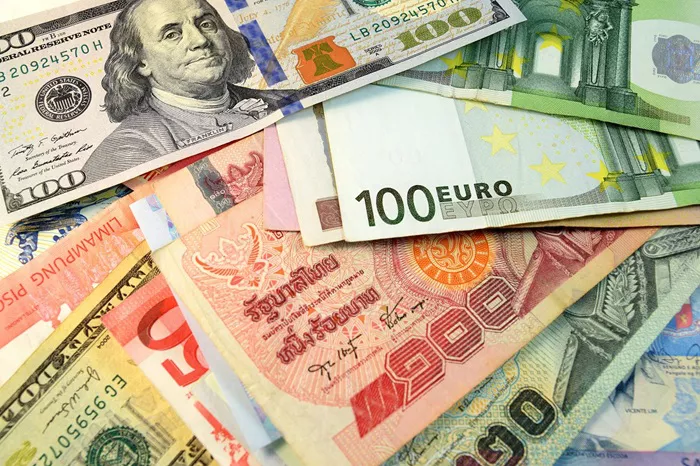France has surpassed economic growth expectations in the second quarter, signaling resilience ahead of anticipated political shifts following President Emmanuel Macron’s call for snap elections. According to France’s statistics agency Insee, gross domestic product (GDP) expanded by 0.3% from April to June, matching an upwardly revised pace set in the first quarter. Economists surveyed by Bloomberg had predicted a more modest growth of 0.2%.
The stronger-than-expected performance of the euro area’s second-largest economy contrasts with projections of slightly slower growth across the region, attributed to weakened momentum in key economies such as Italy, Spain, and Germany amidst ongoing energy crisis repercussions. The European Central Bank has recently cautioned that growth prospects for 2024 remain subdued, vulnerable to global economic conditions and trade tensions.
Despite recent disappointments in economic data releases for the euro area, Ireland and Belgium have shown positive economic indicators, suggesting varied performance across the region. Analysts note that upcoming inflation figures from Spain and Germany will be closely monitored this week, expected to hold steady above the ECB’s 2% target.
In France, the GDP report for the second quarter reflects resilience driven by exports and modest investment growth, while consumer spending remained stable. However, the outlook remains clouded by political uncertainty following the elections, which have left no single party with a parliamentary majority. President Macron has deferred appointing a new prime minister until after the conclusion of the ongoing Olympic Games in Paris.
Looking ahead, Insee forecasts a temporary boost to economic activity in the third quarter due to the Olympics, though this may be followed by a slight contraction toward the end of the year. Analysts emphasize that despite the current positive surprises, challenges persist with regard to domestic demand and the broader economic outlook, influenced heavily by global developments.


